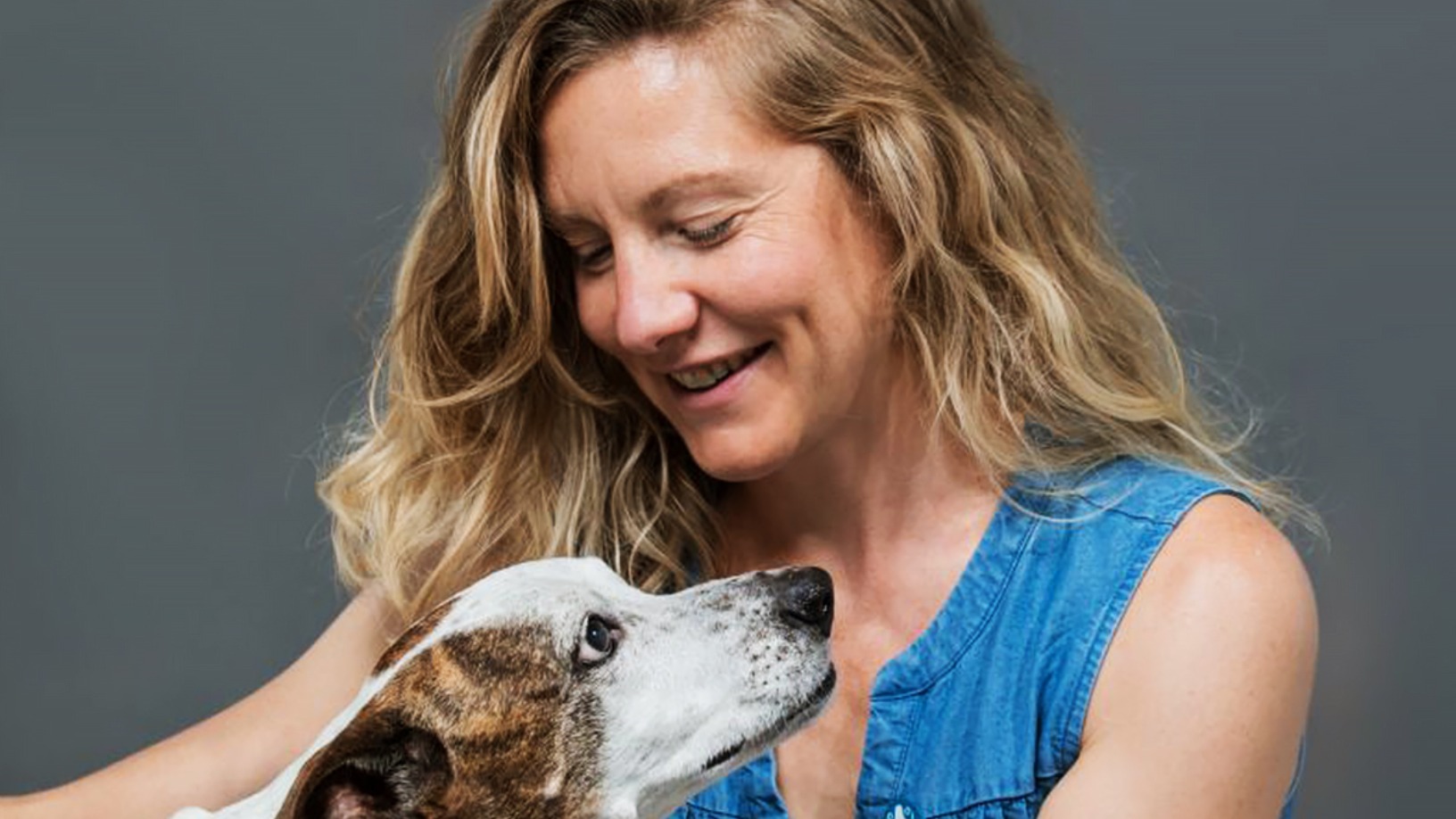The unsustainability of global meat consumption by humans has led to the proliferation of plant- and cell-based foodtech startups worldwide but the environmental “pawprints” of domestic pets that rely mainly on meat and fish diets also add to the problem.
According to a 2017 research paper, cats and dogs were responsible for 25–30% of the environmental impact of meat consumption in the US. Although the sale of pet treats with sustainability credentials increased by 70% between 2015 and 2019, compared to only 30% for those without sustainability claims, cell-based pet food is not available at the retail level.
To plug this gap, animal welfare advocates Shannon Falconer and Joshua Errett co-founded biotech startup Because Animals in 2016 to find alternative sustainable food sources for their four-legged pets without causing harm to other animals. “We have very few options when it comes to feeding dogs and cats," CEO Falconer said. "There’s a strong misconception that pet food is made from byproducts of human food. I began to learn how untrue that really is.”
The duo initially started by developing organic treats and probiotic supplements and moved on to explore the use of cell-based meat for making pet food. In 2018, the startup launched its first cultured probiotic supplements for dogs and cats.
The Chicago-based biotech now aims to create highly nutritional, 100% animal cruelty-free food for dogs and cats and aims to release its first complete and balanced diet range of products for pets in 2022, using lab-cultured and plant-based proteins.
Ancestral meat diets
In 2019, Because Animal released its first cultured meat prototype for cat food, using cells from mice. This was followed by the use of cells from rabbits to make dog food. The aim was to make sustainable pet foods that resemble the ancestral meat diets of cats and dogs in the wild.
Apart from the meat cell source, almost the same processes are used as in the manufacture of cultured meat for humans. The process involves "taking a small collection of cells from the animal, and then never going back to the animal again,” explained Falconer, who has a PhD in microbial chemical biology.
The cells are fed with a blend of proteins, vitamins and other essential nutrients. Once grown and duplicated, the cells will transform into a tissue, which is mixed with other natural and highly nutrient ingredients. The result is a food product that has the same nutritional value and composition as the animal-based equivalent.
The company also does not use fetal bovine serum (FBS) because it is sourced by extracting blood from pregnant cows at slaughter. “At the moment, the standard in the clean meat industry is to grow tissue using serum from another animal, usually fetal bovine serum. Because Animals is changing that by creating foods that provide all the nutritional benefits of traditional animal protein but with animal-free ingredients,” Falconer said.
“Another really cool thing that differentiates our cultured meat from animal-based meat is that ours is tunable,” she added. “We can grow it under certain environmental conditions to optimize the nutritional profile of that meat, which means [….] we can also establish almost a personalized meat for pets’ specific dietary requirements.”
Because Animals said it managed to reduce the price of its cultured meat from $27,000 to $400 a pound in under a year through extensive research. The company has not finalized the retail price for its cell-based products.
Healthy eco-food for pets
The co-founders met while volunteering at a cat rescue project in Toronto. Falconer was then working as a microbiologist at Stanford University, and Errett was doing his MBA at Indiana University. Their work experiences in local animal welfare communities showed them the sad reality of pets being given unhealthy, overprocessed meats as food.
The meat used for pet food also has a devastating impact on the environment. Industrial food processing farms are amongst some of the greatest sources of greenhouse gas emissions. “More than a quarter of the environmental effects of the factory farming industry — in terms of deforestation, water and fossil fuel use — is directly attributed to the foods that Americans feed their cats and dogs,” Falconer said.
The environmental impact of pet food production has also been a crucial factor for the startup from the very beginning. “When we came together, we were both looking for a way to feed our animals with a more nutritious diet that did not also harm other animals and the environment,” Falconer said.
The biotech has to date secured a total funding of about $6.7m, having just closed a seed funding round in May for the commercial production of its new range of cultured meat pet food. The round was led by Orkla ASA, one of Norway’s oldest business conglomerates and a leading supplier of branded consumer products across the Nordic region, Eastern and Central Europe, the US and India.
“Partnering with a major international food player like Orkla is exactly what we sought to do from the beginning,” said Falconer. “We were not interested in just any corporate food heavyweight; we needed them to be firm believers in sustainability and the future of food.”














